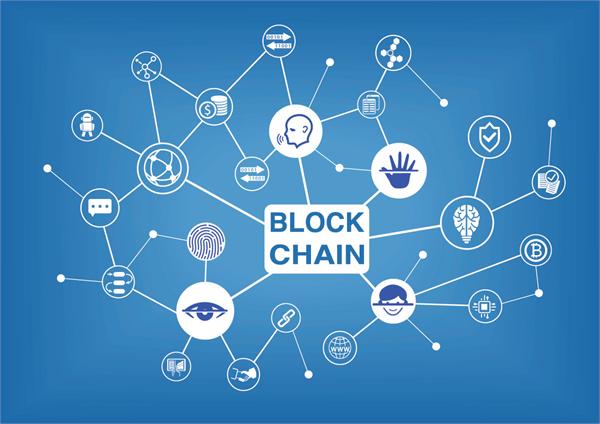Nelnet Student Loan Scams: Uncovering the Truth Behind Deceptive Practices
### Description:In recent years, the landscape of student loans has become increasingly complex, leading to a rise in deceptive practices and scams targetin……
### Description:
In recent years, the landscape of student loans has become increasingly complex, leading to a rise in deceptive practices and scams targeting unsuspecting borrowers. Among these, Nelnet student loan scams have emerged as a significant concern for many individuals navigating the repayment process. As one of the largest student loan servicers in the United States, Nelnet manages a considerable number of federal student loans, making it a prime target for scammers looking to exploit borrowers’ confusion and anxiety.
Understanding Nelnet student loan scams is crucial for borrowers who want to protect themselves and their financial futures. These scams often take various forms, including phishing attempts, fraudulent loan consolidation offers, and misleading claims about loan forgiveness programs. Scammers may impersonate Nelnet representatives or create fake websites that closely resemble the official Nelnet site, tricking borrowers into providing personal information or making payments to illegitimate entities.

One of the most common tactics used in Nelnet student loan scams is unsolicited phone calls or emails from individuals claiming to be from Nelnet. These scammers may pressure borrowers to provide sensitive information, such as Social Security numbers or bank account details, under the guise of offering assistance with loan repayment. They may also claim that borrowers qualify for loan forgiveness programs that do not exist or require payment for services that are available for free through the official Nelnet website.
Another prevalent scam involves fraudulent debt relief companies that promise to negotiate lower payments or loan forgiveness in exchange for upfront fees. Borrowers should be wary of any company that asks for payment before providing services, as legitimate organizations typically do not charge fees for assistance with federal student loans. Instead, borrowers can access free resources through Nelnet and other authorized agencies to help them manage their loans effectively.
To combat Nelnet student loan scams, it is essential for borrowers to educate themselves about their rights and the resources available to them. The U.S. Department of Education provides valuable information on federal student loans, including repayment options and eligibility for forgiveness programs. Borrowers should always verify any communication they receive regarding their loans by contacting Nelnet directly through official channels, such as their website or customer service number.

Additionally, staying informed about the latest scams can help borrowers recognize and avoid potential pitfalls. The Federal Trade Commission (FTC) regularly updates its website with information on current scams and tips for protecting personal information. By keeping abreast of these developments, borrowers can better safeguard themselves against the tactics employed by scammers.
If you suspect that you have fallen victim to a Nelnet student loan scam, it is crucial to act quickly. Report the incident to the FTC and consider placing a fraud alert on your credit report. Taking these steps can help mitigate potential damage and protect your financial identity.
In conclusion, awareness and education are the best defenses against Nelnet student loan scams. By understanding the common tactics used by scammers and knowing how to access legitimate resources, borrowers can navigate the complexities of student loans with confidence. Remember, if something seems too good to be true, it probably is. Always verify information and seek assistance from trusted sources to ensure your student loan experience is a positive one.
